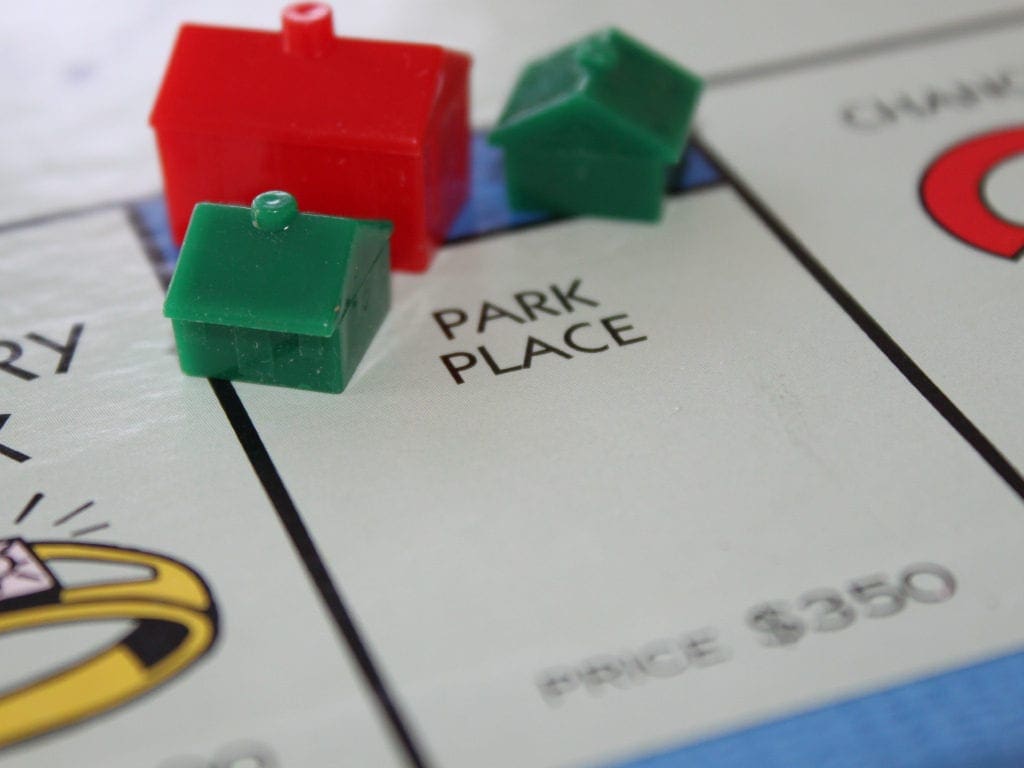Japan is leading the way in affordable housing. Anthony Breach of the Centre for Cities did a report on Japan and its housing policies. The British based think tank found that Japan still maintains affordable housing despite its robust economic growth.
London’s average mean rent is quite steep at around £2,000. On the other hand, average rents in Tokyo are at about £1,300.
How such a large city like Tokyo maintains relatively affordable housing isn’t necessarily because it has more public housing nor because of population shrinkage. For example, danchi (public housing) makes up less than 5 percent of housing in Japan, while in England they make up 17 percent of housing. Japan’s population isn’t shrinking either, Tokyo’s population has still witnessed growth due to migrants coming from other parts of Japan and abroad.

The Centre for Cities article notes that instead Tokyo has taken a more hands-off approach to how housing is built in the city. For example, 194,000 houses were constructed in the U.K. last year, whereas Japan had 942,000 housing units built.
Alex Tabarrok also highlights how Tokyo had a very robust growth in its housing sector despite having no empty land. Tokyo, a city of 13.3 million people in 2014, had 142,417 housing units built, whereas California (population of 38.7 million) had 83,657 housing permits issued and England (population 54.3 million) had only 137,010 houses started.
Tokyo’s zoning framework operates under a simple zoning system that enables by-right development, instead of the traditional model where each individual site relies on planning permission. Japan’s zoning regime consists of 12 zones, which are defined by the maximum nuisance level they allow. This ranges from residential areas to polluting industrial uses.
The point to consider is that there is tremendous flexibility in building homes in Tokyo provided that they do not exceed the zones’ nuisance levels. In other words, areas in zones designed for high street usages can have houses converted into a hotel and vice versa. Anthony Breach of the Centre for Cities notes how markets, not city planners, still determine how houses in Tokyo are built under these zoning schemes.
This allows market supply to respond quickly as market demand changes and ensures development and density is driven by land values. If the demand to live in a city grows, older houses can be knocked down by landowners to provide more and better quality homes. In the case of apartment buildings, 80 per cent of the apartment owners need to agree to demolition and redevelopment. This is why Japan’s higher rate of demolition isn’t wasteful, as it enables an efficient supply of more and better-quality housing.
The laws of economics know no boundaries. They apply everywhere. When housing supply is restricted by central planners, do not be shocked when prices remain high and other unintended consequences that negatively affect the quality of housing start to surface. At a more fundamental level, what we see in the current housing dilemma across the globe is a matter of property freedom. Land developers should be free to build their housing units, without any form of government restriction, so long as they don’t infringe on the rights of others.
Expensive urban centers in America like San Francisco and New York could also learn a lesson or two from Tokyo’s housing experience. What these places need is more freedom to build housing and less bureaucratic rigmarole getting in the way.

























